by Lazar Berman
Nasrallah sees opportunities for small gains while Jerusalem is distracted, but there are larger forces pushing the group’s aggressive behavior on the border
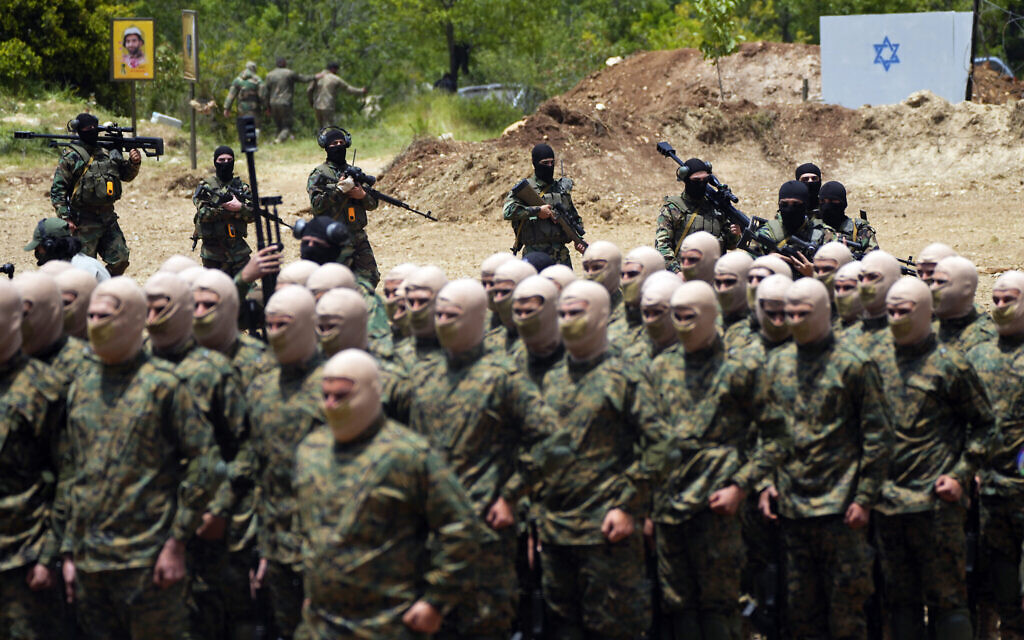 |
Fighters from the Lebanese terror group Hezbollah
carry out a training exercise in Aaramta village in the Jezzine
District, southern Lebanon, May 21, 2023. (AP Photo/Hassan Ammar) |
Israel is clearly alarmed by a marked change in Hezbollah’s posture along the country’s most combustible border, in the north.
Last Wednesday, IDF Chief of Staff Herzi Halevi and President Isaac Herzog made separate trips to the Israel-Lebanon line, both seeking to convey a message of resolve in the face of the newly confident and aggressive Shiite army.
Though the photographs released by Herzog’s office — the president and first lady smiling with a relaxed group of soldiers and officers, none of them armed or wearing combat vests — won’t add much to Israel’s deterrence, his words were of a different tenor altogether.
“I want to tell our enemies — especially Hezbollah on the other side of the border — don’t make a mistake,” he said. “The IDF is strong, it is united. It is capable and will protect and defend our sovereignty and the security and well-being of the people of Israel. This is our top priority.”
The photos of Halevi along Israel’s new security barrier showed him armed and grim as he peered northward.
Prime Minister Benjamin Netanyahu has also sought to warn Hezbollah leader Hassan Nasrallah. “It’s better for him not to put us to the test,” he said after Nasrallah threatened to respond to any “stupid act” by Israel.
Finally, in an interview with an Arabic news site on Sunday, Foreign Minister Eli Cohen warned Nasrallah that “Israel can send Lebanon back to the Stone Age.”
The concerted Israeli messaging effort comes in the wake of a pattern of provocations by the powerful Iran-backed militia.
Israel has sought since early June to remove two tents placed by Hezbollah in the contested Mount Dov region, also known as the Shebaa Farms, but only one has so far been dismantled after Israel reportedly sent a message to Hezbollah threatening an armed confrontation if it did not remove the outpost. Nasrallah said his forces would attack Israel if it tries to remove the other one.
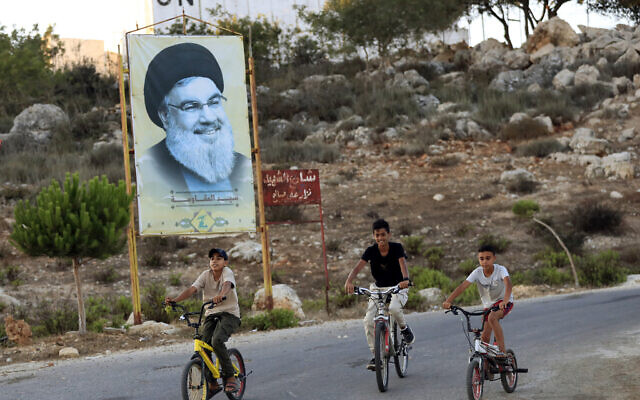
In March, a man infiltrated from Lebanon and planted an explosive on a highway in northern Israel that seriously wounded a civilian. In a televised speech, Nasrallah said Hezbollah would not be commenting on the bombing at the Megiddo Junction, which is suspected to have been orchestrated by the terror group.
Instead, he said the attack “confused” Israel, and that “our silence is part of the political, media, military, and psychological battle with the enemy.”
There have also been a number of violations of the so-called Blue Line border demarcation over the summer by Lebanese politicians, civilians, and Hezbollah members, drawing warning shots from IDF forces.
Hezbollah is firing as well. On July 6, an anti-tank missile was fired from Lebanon at the contested village of Ghajar, causing no injuries. The previous month, Hezbollah said it shot down an Israeli drone flying over a village in southern Lebanon.
In April, 34 rockets and several mortar shells were fired into Israel from southern Lebanon, injuring several and damaging buildings. Israel was quick to blame Palestinian groups in Lebanon for the attacks, but experts and Israelis sources were clear that they could not have been carried out without Hezbollah knowledge and consent at the very minimum.
Do protests equal weakness?
On both sides of the border, observers and decision-makers are pointing at Israel’s bitter domestic fight over the government’s divisive judicial overhaul program as the reason for Hezbollah’s increased aggression.
“Everything that is happening in Israel in recent months — the judicial reform, the protest — is seen in their eyes as weakness, which gives them the ability to do more than they’ve done in the past and change the rules of the game,” said Orna Mizrahi, senior researcher at the Institute for National Security Studies.
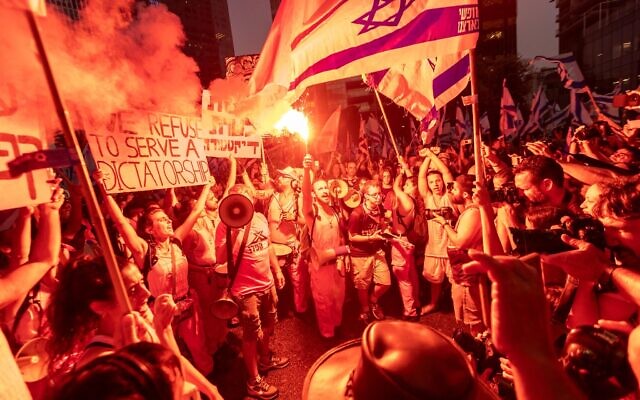
Senior intelligence officials reportedly warned Netanyahu in a series of letters that Israel’s enemies, particularly Iran and Hezbollah, sense a historic opportunity to shift the balance of power in the region in their favor, amid deep, unprecedented divisions in Israeli society due to the overhaul plans, which they interpret as weakness.
North of the border, Nasrallah gloated late last month, after the first judicial overhaul bill passed, that Israel’s “trust, awareness and self-confidence have deteriorated into the crisis it is experiencing today.” He said the protests in the wake of the vote marked Israel’s “worst” day since the state’s creation and the country was on the “path to disappearance.”
Hezbollah officials at the highest levels have discussed the upheaval in Israel, and plan to exploit the situation in the future, a Lebanese source told Reuters.
Top Iranian security officials and the Hamas terror group also held a closed-door meeting in July to discuss a response to the societal strife in Israel.
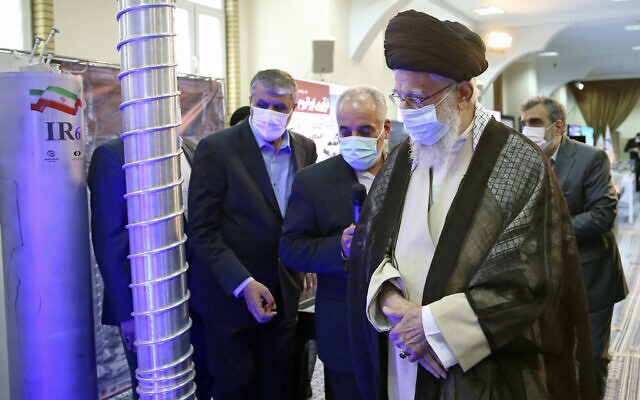
Cohen addressed this perception of Israeli vulnerability directly in his message to Hezbollah on Sunday.
“They think that what is happening gives an indication of a kind of weakness inside Israel, and they are wrong,” the foreign minister said. “These demonstrations express the strength and cohesion of the Israeli state. They should know that the Jewish people have always been distinguished by their internal debates, but in the hour of trial they unite.”
Hezbollah’s aggression isn’t necessarily an indication that it wants war with Israel, according to Michael Harari, Israel’s former ambassador to Cyprus and fellow at the Mitvim Institute.
“The understanding is that Israel isn’t weak enough to open a general war against it, but it’s weak enough — or fighting with itself enough — to possibly make some tactical gains,” he said.
Range of factors
But Israel’s internal fissures aren’t the only incentive for Hezbollah to adopt an aggressive posture.
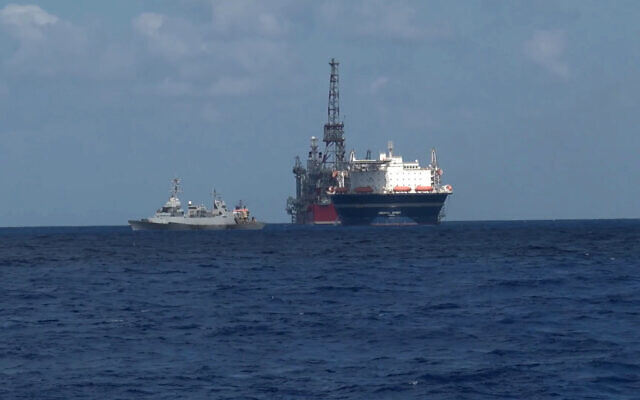
A European diplomat stressed that there is much more to Hezbollah’s posture than the fight over the judicial overhaul. “It’s part of the picture, but not the whole picture,” he said.
He pointed at Hezbollah launching drones at Israel’s Karish gas field in July 2022, and threatening attacks if Israel proceeded with gas extraction in the disputed area, as the real turning point in Hezbollah’s behavior.
With the terror group’s arsenal improving and expanding, said Mizrahi, there is a feeling among Hezbollah leaders “that they can threaten Israel more.”
The organization continues to build up its missile stockpile, including precision munitions. Hezbollah is believed to possess over 150,000 missiles, with a small but growing number of them able to be guided to specific sites. Israel fears that in a future war the terror group could use a barrage of precision missiles to attack sensitive facilities and overwhelm its air defense array.
There is also the Iranian factor.
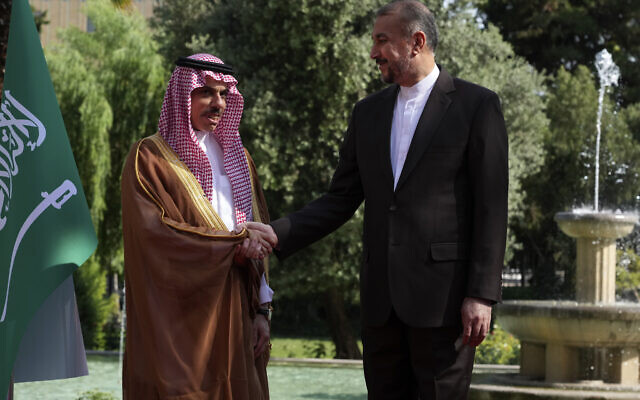
Tehran has enjoyed a hot streak of late, and feels it is an opportune time to apply pressure to Israel.
In March, Iran and Saudi Arabia announced they would be restoring their ambassadors for the first time in seven years. And in May, the Arab League voted to reinstate Tehran’s client state Syria.
Russia is also increasingly beholden to Iran, which has become a crucial supplier of drones and missiles for the war in Ukraine.
Now is the time, in Iran’s eyes, to gain some measure of deterrence against Israel, whose attacks on Iranian forces and proxies in Syria have blocked Tehran from turning Syria into another active front against the Jewish state.
The security barrier Israel is constructing on the disputed border with Lebanon is also something Hezbollah feels it must push back against.
“They see it as a provocation by Israel,” said Mizrahi. “It is problematic for them, because it effectively marks a border, and there are disagreements over the border.”
Finally, there are pressures in the domestic arena pushing Hezbollah to confront Israel on the border.
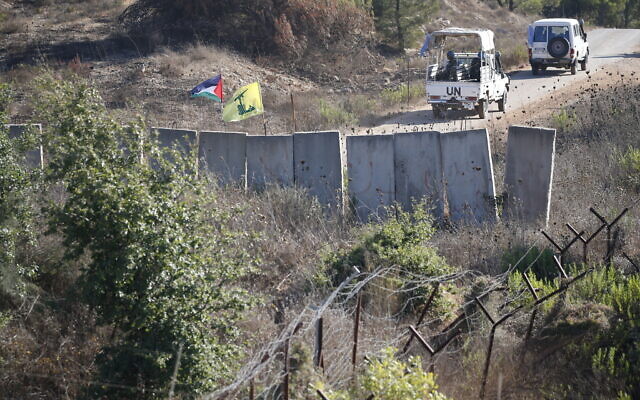
“Their situation is not that comfortable in the Lebanese theater,” said Harari, the former Israeli ambassador. “They are not succeeding in getting their candidate elected as president.”
In June, Hezbollah lawmakers pulled out of presidential voting in parliament after their preferred candidate, Sleiman Frangieh, the scion of a political family close to the ruling Assad dynasty in Syria, trailed his main rival.
In addition, in 2022 Hezbollah’s camp lost the majority it had enjoyed in parliament since 2018.
“There is far more criticism in the Lebanese system toward Hezbollah,” said Mizrahi. “One of Hezbollah’s interests is to show that they are still relevant in the conflict with Israel, that they are still operating as the Defender of Lebanon.”
“The resistance card is not a bad one to play,” she added, “as long as it doesn’t slip out of their hands.”
Emanuel Fabian contributed to this article.
Lazar Berman
Source: https://www.meforum.org/64665/hezbollah-has-reasons-for-its-current-pugnacity
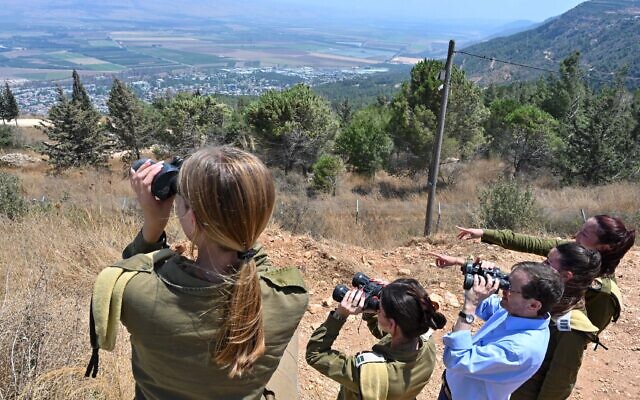
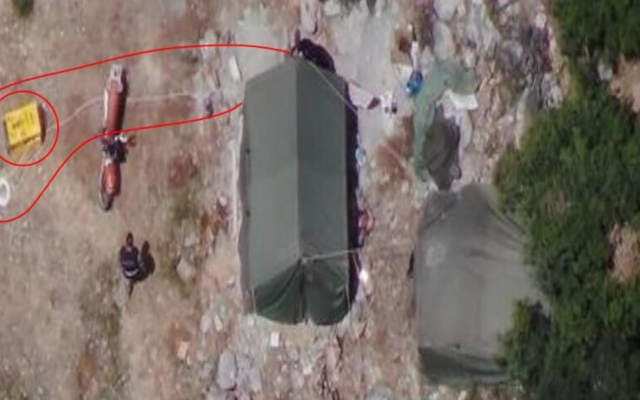
No comments:
Post a Comment